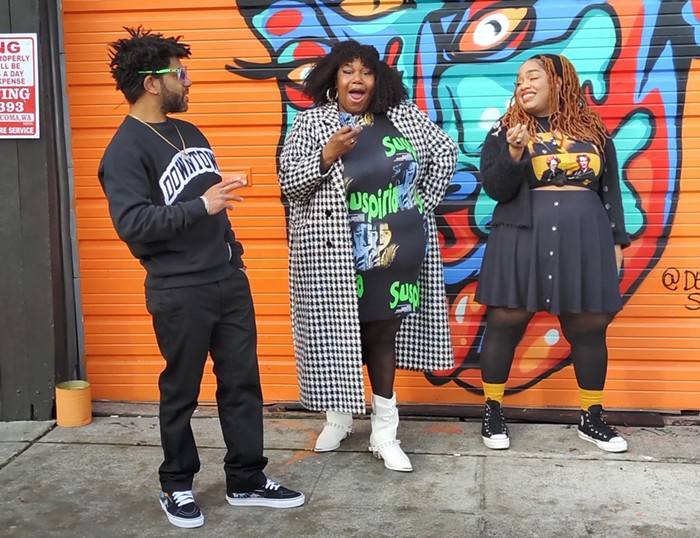
Legal pot may soon be for sale on both sides of the Hudson River.
Yesterday, New York Gov. Andrew Cuomo unveiled his plan to legalize pot, which would create a legal cannabis system very similar to the one in Washington state. Cuomo thinks he can pass this law in just 100 days and bring legal pot sales to the New York by April of next year.
Not to be outdone, New Jersey Gov. Phil Murphy reiterated his call for legal marijuana on Tuesday, asking lawmakers in his state legislature to come to an agreement on it. A legalization bill was almost passed late last year but negotiations have stalled over pot taxation rates and other details.
Here's how the New York Times summarized the pot legalization race between the two states:
If the [New York] succeeds in legalizing marijuana within 100 days, it could grab attention and revenue from New Jersey, which is looking to do the same.
People across the river in New Jersey clearly noticed Cuomo's announcement. NJ.com pointed out that "Cuomo’s increased attention to legalization could set up New York to legalize marijuana before New Jersey, despite the Garden State having more than a year’s head start."
This all played out on the same day that Trump's latest attorney general nominee guaranteed that he won't go after state-legal pot industries.
These are remarkable times for pot on the East Coast, where politicians have long been apprehensive to follow the West Coast in liberalizing pot laws. Just two years ago, Cuomo still claimed pot was a gateway drug that should be kept illegal. What's responsible for this paradigm shift on the East Coast? A number of things. The tax revenue is certainly attractive to politicians trying to balance their budgets during a time of underfunded state governments. Powerful local business people in these states—eyeing the legal weed industry around the country and the construction, agriculture, science, and retail jobs legal pot brings—are certainly lobbying these politicians. Jobs, tax revenue, and business interests are inspiring to politicians. But money is a proxy for politicians—it's not the true capital they trade in. Politicians want power, which is given to them by their voters, and people in these states want legal pot. There's a clear majority of people in support of legalization and they want their politicians to pass something.
So now they're racing each other to see who can do it first.
















